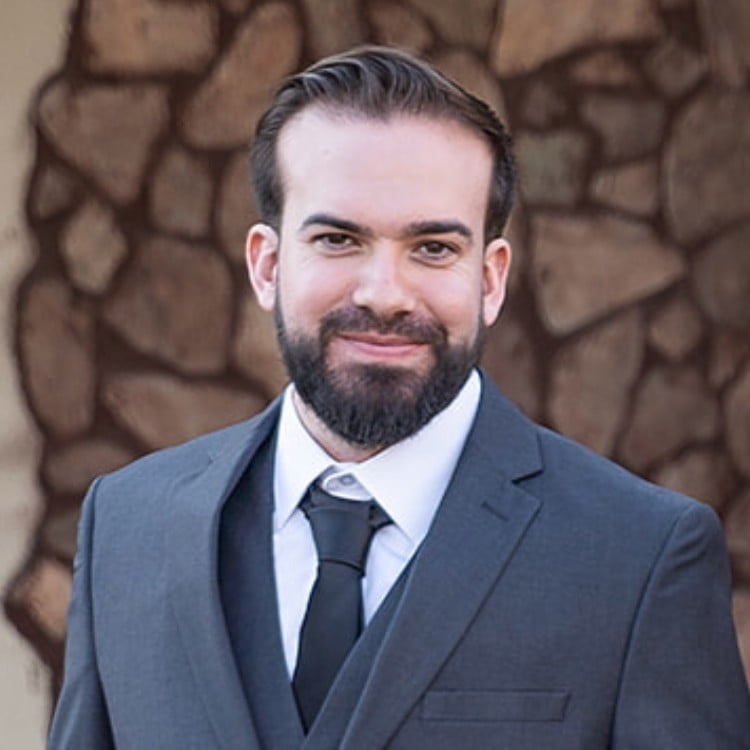

Substance Abuse Rehab, Alcohol and Drug Rehab, Treatment Center, Drug and Alcohol Detox
Click Here for a confidential benefits check or call (866) 578-7471 to speak to a addiction specialist.
Navigating the journey to recovery from substance use disorder (SUD) can be challenging. Understanding and utilizing your health insurance benefits, such as those provided by Allied Benefit Systems, can significantly ease this process. For individuals covered under Allied Benefit Systems, a range of treatment options may be accessible. This post will guide you through using your Allied insurance for SUD treatment, emphasizing the importance of verifying your specific coverage.
Understanding Your Allied Benefit Systems Coverage
Allied Benefit Systems offers health insurance plans that often include coverage for substance abuse treatment. However, the extent and specifics of the coverage can vary based on your individual plan.
55% of all inhalant-related deaths are nearly instantaneous, known as “Sudden Sniffing Death Syndrome.”
Types of Treatments Covered
- Inpatient Rehabilitation: Intensive care in a residential setting for severe cases of SUD.
- Outpatient Programs: Treatment sessions that allow you to live at home while receiving care.
- Detoxification Programs: Medical assistance to safely manage withdrawal symptoms.
- Counseling and Therapy: Individual, group, or family therapy sessions focusing on recovery.
How to Understand Your Plan
Familiarize yourself with the details of your plan by reviewing your policy documentation or accessing your member account on the Allied Benefit Systems website. Pay attention to deductibles, copayments, and coverage limits.
Over 200,000 people have abused Ketamine within the past year.
Steps to Use Allied Benefit Systems for SUD Treatment
- Verify Your Coverage: Start by confirming the specifics of your SUD treatment coverage:
- Contact Allied Benefit Systems directly via phone or online portal.
- Review the summary of benefits in your policy documentation.
- Understand the Scope of Your Coverage: Clarify what types of SUD treatments are covered, the duration of coverage, and any limitations or prerequisites, such as the need for pre-authorization.
- Identify In-Network Providers: To maximize your benefits and reduce out-of-pocket costs, choose SUD treatment providers that are in-network with Allied Benefit Systems. Use the provider directory on the Allied website or contact customer service for assistance.
- Pre-Authorization Requirements: Some treatments may require pre-authorization. This means getting approval from Allied Benefit Systems before beginning the treatment to ensure it is covered.
- Explore Out-of-Network Options: Out-of-network providers may offer specialized expertise, more personalized care, or unique treatment approaches not available within your insurance network.
Each year, nearly 360,000 people received treatment specifically for stimulant addiction.
Recovering from substance use disorder is a pivotal journey that can be made more accessible with the right support and resources. Allied Benefit Systems provides valuable health insurance coverage that can be utilized to cover a range of SUD treatments. Understanding and making the most of your insurance benefits is a crucial step in this journey. We encourage you to verify your insurance information with Allied Benefit Systems to fully understand your coverage and take the first steps towards recovery. Remember, your path to recovery is supported by the resources available through your health insurance, and utilizing them effectively can make a significant difference in your journey.
Don’t put off seeking the help you need for addiction. Your Allied benefits are a resource you need to put to use right away. Make the call to 800-288-2078, and speak with a benefits customer service agent to find out what options you have. Get into contact with Elite Rehab Placement by following this link or by calling 888-673-0807 to discover which treatment facilities will work best for your situation.
If you are willing to do the work, an addiction can be overcome. Get started with recovery today.
FAQ’s
Q: How Can I Check If My Allied Benefit System Insurance Covers Addiction Treatment?
A: To check if your Allied Benefit System insurance covers addiction treatment, review your policy document for details on substance abuse treatment coverage. You can also contact Allied’s customer service directly or log into your online member account for specific information about your coverage.
Q: What Types of Addiction Treatments Are Typically Covered by Allied Benefit System?
A: Allied Benefit System insurance often covers a range of addiction treatments, including inpatient rehabilitation, outpatient treatment programs, detoxification services, medication-assisted treatment (MAT), and individual or group therapy. However, the extent of coverage can vary based on your specific plan.
Q: Do I Need a Referral or Pre-Authorization for Addiction Treatment with Allied Benefit System?
A: Depending on your specific insurance plan, you may need a referral from a primary care physician or pre-authorization from Allied Benefit System for certain addiction treatment services. It’s important to verify these requirements by contacting Allied or reviewing your plan’s details.
Q: Can I Choose Any Treatment Center for Addiction, or Does It Have to Be In-Network with Allied Benefit System?
A: While you can choose any treatment center, selecting an in-network provider with Allied Benefit System will typically reduce your out-of-pocket costs. However, some plans may offer out-of-network benefits, but these usually involve higher co-pays and deductibles. Always check your plan’s specifics for network requirements.
Q: How Do I Find In-Network Addiction Treatment Providers with Allied Benefit System?
A: To find in-network addiction treatment providers, you can use the Allied Benefit System provider directory available on their website. This tool allows you to search for providers based on your location and specific treatment needs. Alternatively, you can contact Allied’s customer service for assistance in locating a suitable provider.
Reference Links
- American Psychiatric Association – What Is a Substance Use Disorder?
- National Institute of Mental Health – Substance Use and Co-Occurring Mental Disorders
- Substance Abuse and Mental Health Services Administration – Mental Health and Substance Use Disorders
- Cleveland Clinic – Substance Use Disorder (SUD): Symptoms & Treatment
- Mayo Clinic – Drug addiction (substance use disorder)








